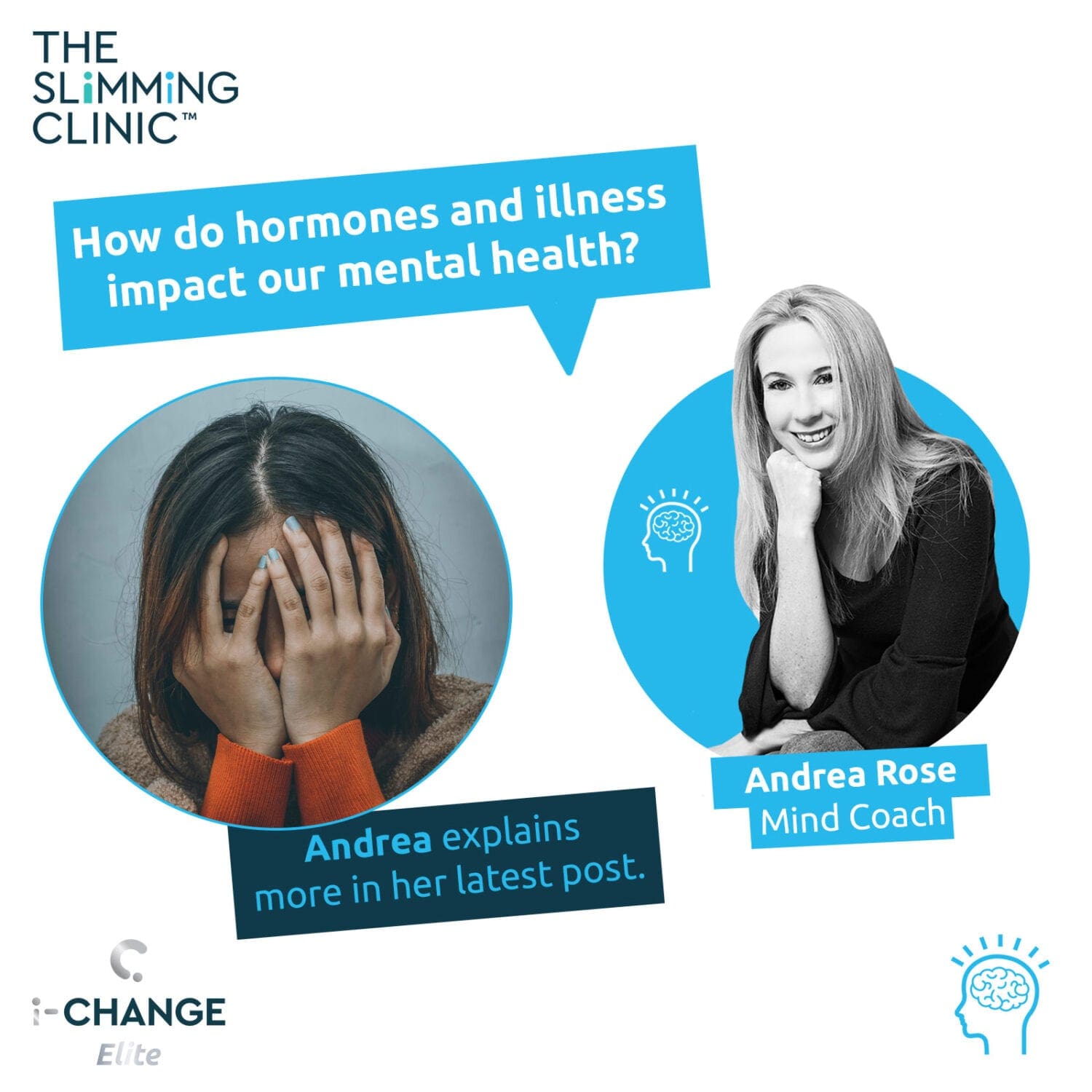What do you think of, when you hear the word ‘hormones’?
When I mention the word hormones, I wonder what image many of us would think of?
If we were old enough to remember the Harry Enfield episodes, maybe we would have the image of the ‘Kevin’ character becoming a ‘typical teenager’ and the clip that emphasizes the effects of hormones, using humour to exaggerate the extreme change in personality as soon as Kevin hits puberty.
This clip captivated its audience as many of us could relate, in some way, to the effect of hormones on the human body and how it can alter our mood and the mood of others around us.
However, as hormones impact each and every one of us, to some degree, we have also become quite complacent to the world of hormones as it is very much part of everyday life.
Whatever thoughts we have towards hormones, they are not often met with love for them but rather absolute dread of the inevitable rollercoaster we face at various points in our own life, or of those close to us that we also have to endure.
Let’s look a little further into the hidden menace behind our moods, the facts and symptoms, what to expect with some common hormone conditions and a few self-help measures.
So, what exactly are hormones and why do they impact us at various points in our life?
Looking briefly at the biology behind this, hormones are produced by the endocrine system to help regulate processes that occur in the body, like hunger, blood pressure, movement and sexual desire.
They are essential to reproduction and fundamental to all systems in the body. Hormones include adrenaline; insulin, cortisol and thyroid hormones but the ones that seem to be most notable when out of balance are the sex hormones oestrogen, progesterone and testosterone.
The most noticeable, natural changes for the female body are during the onset of our reproductive years – puberty to when we leave this stage – menopause.
It is at theses stages that hormones are likely to affect us the most, physically, mentally and emotionally. The ‘mood swings’ experienced are caused by fluctuations in oestrogen and progesterone levels and can cause anything from anxiety and fear to sadness, anger, irritability and poor concentration whilst we transition from one stage to another.
As well as managing the impact of the hormone fluctuations on our mood and emotional well-being, we may also be experiencing many of the physical symptoms that accompany them. These could be anything from managing and coping with the growth of body hair, growth spurts (that can sometimes bring physical discomfort), a rise in body odour and acne during puberty to hot flushes, night sweats, sleep problems, irregular periods and weight gain during the menopause.
Both puberty and the menopause are a natural process/experience of the human body and reproductive system so, although often distressing to experience, we may also become quite complacent to the ‘natural’ process we are having to endure as we have the knowledge that this is relatively ‘normal’.
However, as hormonal influences are so fundamental to the functioning of the human body, we can experience many other hormone fluctuations and conditions, often needing interventions to control or manage.
The thyroid makes hormones that tell the body how fast or slow to work. If it makes too many of these, overactive thyroid (hyperthyroidism), we can feel like we are going at 100 miles an hour. You might be irritable, anxious, suffer from palpitations and have mood swings for example.
When the body isn’t making enough of those hormones, (hypothyroidism), you may suffer depression, feel tired, suffer from muscle ache and weight gain.
Polycystic Ovary Syndrome (PCOS) is another hormonal disorder, which can cause bloating, fatigue, irritability, hair loss or excessive hair growth, mood swings, weight gain, problems with blood sugar, trouble concentrating and possible infertility.
There are, in fact, so many hormonal disorders and conditions affecting the endocrine system that there would be too many to list, so this is where we move onto our best self help measures to ease the discomfort and misery of hormonal fluctuations and disturbances.
So how can we help ourselves, if our hormones are taking over?
As many of us have already experienced, knowledge is power, so the more we know about the cause of our concerns, imbalance or disorder the better.
Ensuring that we focus on our own symptoms, rather than catastrophising on the possible problems that may happen, we can build a better understanding of what we are experiencing.
Once we are able to obtain that knowledge, whilst keeping a diary or mental note of when we experience certain symptoms, we are in a much better position to pinpoint the cause.
We are our own best experts so if something doesn’t feel quite right or we are experiencing changes in our mood that we don’t believe is due directly to our mental well-being then it is very possible we could be looking at hormonal influences being the cause.
Although some disorders may need some medical intervention to ease and manage our symptoms, many can be treated with some relatively easy self-care measures.
These include exercise, diet, looking after your gut health, magnesium to ease the symptoms of stress, getting enough sleep and rest, vitamins and mineral intake and ensuring some extra care and attention to ourselves when we aren’t feeling the best.
Often, we allow ourselves to let our hormones control how we feel so much, that we allow ourselves to ‘emotionally’ eat and use food as our emotional crutch, when our hormones are out of balance.
Do you find you want to eat more at certain times of the month?
As we have seen at a glimpse, our hormones can affect nearly all aspects of our health and well-being but with awareness and attention to our physical and emotional well-being we can address, correct or at the very least ease the symptoms of the menace behind our moods.
If you’re concerned your hormones might be causing havoc with your life and well-being balance, speak to your Slimming Clinic doctor at your next appointment. They could have some suggestions on how changing your diet, or lifestyle could help balance your hormones out.
Get your next appointment booked in!

